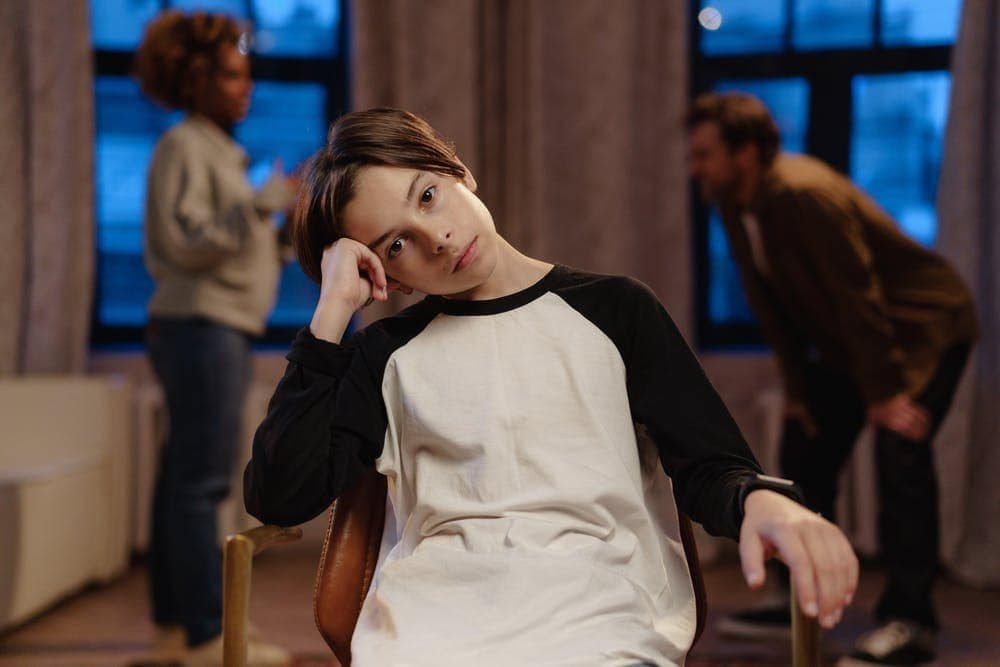Recently, Japan and Australia’s diplomatic relations were threatened because of Japan’s custody policies, and the prevalence of child abduction in Japan.
According to reports, nearly 68 Australian-Japanese children have found themselves in the midst of child custody disputes, and child abductions.
Many of them have reportedly been “snatched” while at school, or been taken away from their family homes. Moreover, some children were sent on holidays from Australia to Japan only to never be seen again by their parent in Australia.
This issue of child abduction is not only legally wrong, but also morally so. This article aims to explore key points related to child abduction, both in a national and international context.
- Child abduction can happen within the same country, that is the country where the child is residing; or
- The child may be taken overseas, and is taken out of the country where the child is a resident.
Child abduction within an international context is also known as international parental child abduction or IPCA.
Parental Child Abduction In Australia
To begin with, let’s understand the basic definition of “child abduction.”
“Child abduction, or parental child abduction, happens when one parent or guardian takes, conceals, or detains a child from the other parent or guardian without their consent, or authorisation of courts.”
Parental child abduction happens in cases of custody disputes when parents are unable to reach an agreement about parenting arrangements and child custody.
When this happens, in many cases it is found that the family members of the abducting parent are often involved and help the parent to abduct the child, and to keep the child away from the other parent.
You must be wondering why the abducting parent takes such an illogical step? The most obvious reason behind child abduction, as we would argue, is that the overwhelming nature of child custody battles affects the decision-making abilities of the parent. In acting so, the abducting parent truly believes that he/she is acting in the best interests of the child.
Under the Family Law Act 1975, parental child abduction is a criminal offence. After 2018, the legislation also states that this offence will apply to any person who is acting on behalf of the people to whom the provisions apply (parents or guardians of the child).
It also states that international parental abduction of children will attract a penalty of three years’ imprisonment.

International Parental Child Abduction (IPCA)
The Hague Convention is a treaty which consists of countries that are ‘signatories’ to it – wherein they agree to assist each other.
Among all the countries, Australia, the UK, and many countries in Asia are signatories to the Hague Convention. If the child has been abducted and taken to a country that is a member of the Hague Convention, then the Australian Central Authority will intervene and assist with the matter.
On the other hand, if the child is taken to a country which is not a signatory to the Convention, then the process will be different. In this case, the following things can happen: –
- Firstly, the Australian Court will decide if they have the power and jurisdiction to make decisions on this issue – which can include the question of who the child is to live with.
- Alternatively, a foreign court can make a court order before the Federal Circuit and Family Court of Australia – to decide with whom and where the child is to live.
- Lastly, the parent in Australia can get a court order within Australia preventing the abducting parent (who is overseas) from pursuing a court case in the foreign nation.
In some cases, when the parent realises that their child has been abducted by the other parent, they can immediately contact the Australian Federal Police (AFP) who can place the child’s name under the Family Law Watchlist. The AFP is also a member of the Global Missing Children’s Network (GMCN)
This can be helpful in case the abducting parent has not already left Australia. If this step is applicable to you, it is also recommended to speak with a family lawyer who can assist you with filing a police report, and with other legal processes.
To check if a country is a member of the Hague Convention, you can visit the Hague Convention on the Civil Aspects of International Child Abduction website, which consists of the list of countries that are signatories to it.
Applying For A Recovery Order
The other parent can apply for a recovery order in case of child abduction. Under Section 67Q of the Family Law Acct 1975, a recovery order is used to: –
- Direct a police officer to take action to find, recover and return the child to the designated parent/guardian;
- Prohibit the other parent/person from taking the child – to prevent parental child abduction.
The recovery order will require a child to be returned to a:
- parent of the child;
- any person who has a parenting order that states that the child lives with, and communicates with that person; or
- any person who has parental responsibility for the child.
The Case Of Japan Vs Australia
The issue of parental child abduction and sole custody has now become the sole major disagreement between Japan and Australia.
Japan’s legal system allows the parent with sole custody to completely block the other parent, thereby denying access to the child.
As Japan is also a member of the Hague Convention, currently, requests for the return of children are being considered. All cases need to be dealt with according to the provisions of the Convention.
Seemingly, Japan’s family courts and international system (that follows Hague Convention) are not working in tandem. It is believed that Japan’s family courts facilitate sole custody, and does not give the child’s best interests great consideration.
It is interesting to see how the laws will be altered, and whether or not a healthy diplomatic relationship between the two countries will be restored.

Legal Advice For Family Law Cases
When family law cases involve parental child abduction, the stress that parents face becomes twofold. Already these matters are highly complicated. Child abduction makes the legal procedures more lengthy, and takes a greater mental toll on the parties involved, i including the children themselves.
The expert family lawyers at JB Solicitors have the legal prowess, and the experience of dealing with all such complicated matters.
Our fixed-free pricing gives all our clients a clear sense of the cost right from the get-go. Our dedicated lawyers will strive to reach desired outcomes, ensuring that your matter is solved efficiently.
Contact us today to gain market-leading legal advice in a friendly atmosphere.